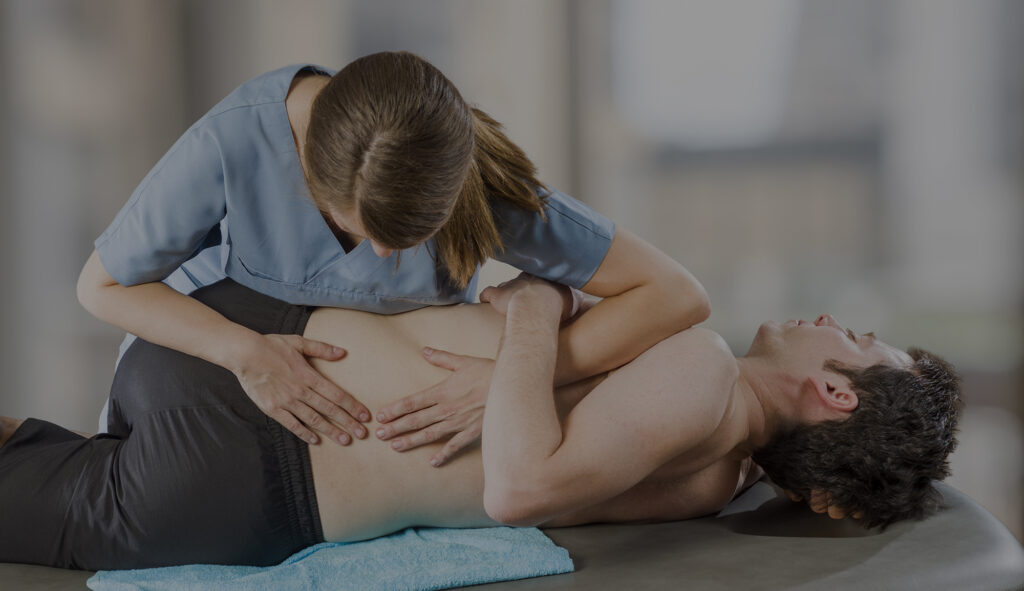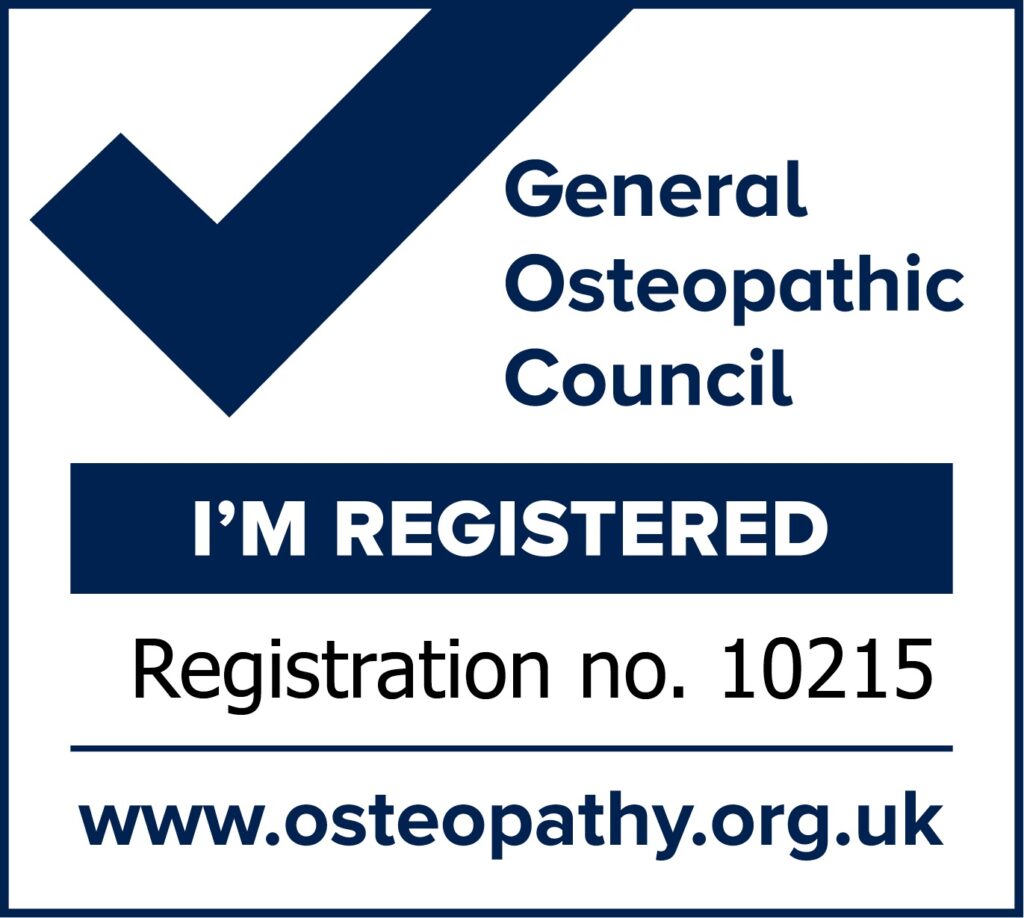Osteopathy is a holistic and tailored form of hands-on complementary medicine. Expert practitioners work to gently manipulate the skeleton and massage muscles in order to restore physical wellness and strength and to reduce – or remove – causes of pain and discomfort.
Every osteopath is highly trained in the techniques and approaches that bring the body back into natural alignment, working on everything from joints to fascia to help the body to heal itself.
Book an Osteopathy Appointment
The role of an osteopath is to use physical manipulation, stretching and massage with the aim of:
We use a range of techniques, but not medicines or surgery.
In the UK, osteopathy is a health profession regulated by UK law. As such, BTST is fully registered and part of the General Osteopathic Council.
Most people who see an osteopath do so for help with conditions that affect the muscles, bones and joints, such as:
If you’re pregnant, make sure you seek advice from a GP or midwife about your symptoms before you see an osteopath. You should also make sure you see an osteopath who specialises in muscle or joint pain during pregnancy.
Most research into techniques used in osteopathy tends to focus on general “manual therapy” techniques, such as spinal manipulation. Manual therapy techniques are used by physiotherapists and chiropractors, as well as osteopaths.
The National Institute for Health and Care Excellence (NICE) guidelines on managing lower back pain and sciatica recommend manual therapy alongside exercise as a treatment option.
NICE also recommends manual therapy as a possible treatment option for osteoarthritis, although osteopathy is not specifically mentioned.
There’s some evidence to suggest that osteopathy may be effective for some types of neck, shoulder or lower-limb pain, some types of headache, and recovery after hip or knee operations.
There’s only limited or no scientific evidence that it’s an effective treatment for conditions unrelated to the bones and muscles (musculoskeletal system), including:
If you live in the Mansfield, Nottinghamshire area, or even further afield, you can book an Osteopathy appointment with our friendly Osteopath specialists. Book your appointment here.


© Copyright 2021 BTST Osteopathy And Sports Massage Clinic.